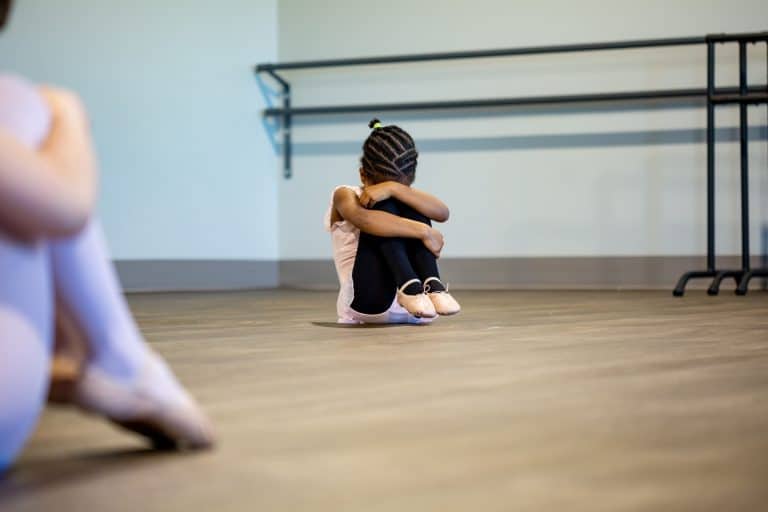Anxiety is a common and normal experience for children, but when anxiety becomes persistent and severe, it can have a significant impact on a child’s daily life. Anxiety disorders are the most common mental health disorders in children, affecting approximately 10-20% of youth.
Symptoms of anxiety in children may include:
1. Excessive worry or fear
2. Avoidance of social situations or activities
3. Physical symptoms such as headaches, stomachaches, and fatigue
4. Trouble sleeping or nightmares
5. Irritability or restlessness
6. Excessive need for reassurance
7. Perfectionism
8. Panic attacks
Anxiety in children can be caused by a variety of factors, including genetics, brain chemistry, life experiences, and environmental factors. Some children may be more prone to anxiety due to temperament or personality traits.
Treatment for anxiety in children may include therapy, medication, or a combination of both. Cognitive-behavioral therapy (CBT) is often used to help children learn coping skills and strategies to manage anxiety. Parents can also support their children by creating a predictable and supportive environment, encouraging healthy habits, and helping their children practice relaxation techniques.
If you are concerned that your child may be experiencing anxiety, it is important to seek help from a mental health professional. Early intervention can help prevent anxiety from becoming a long-term problem and can improve your child’s overall quality of life.


